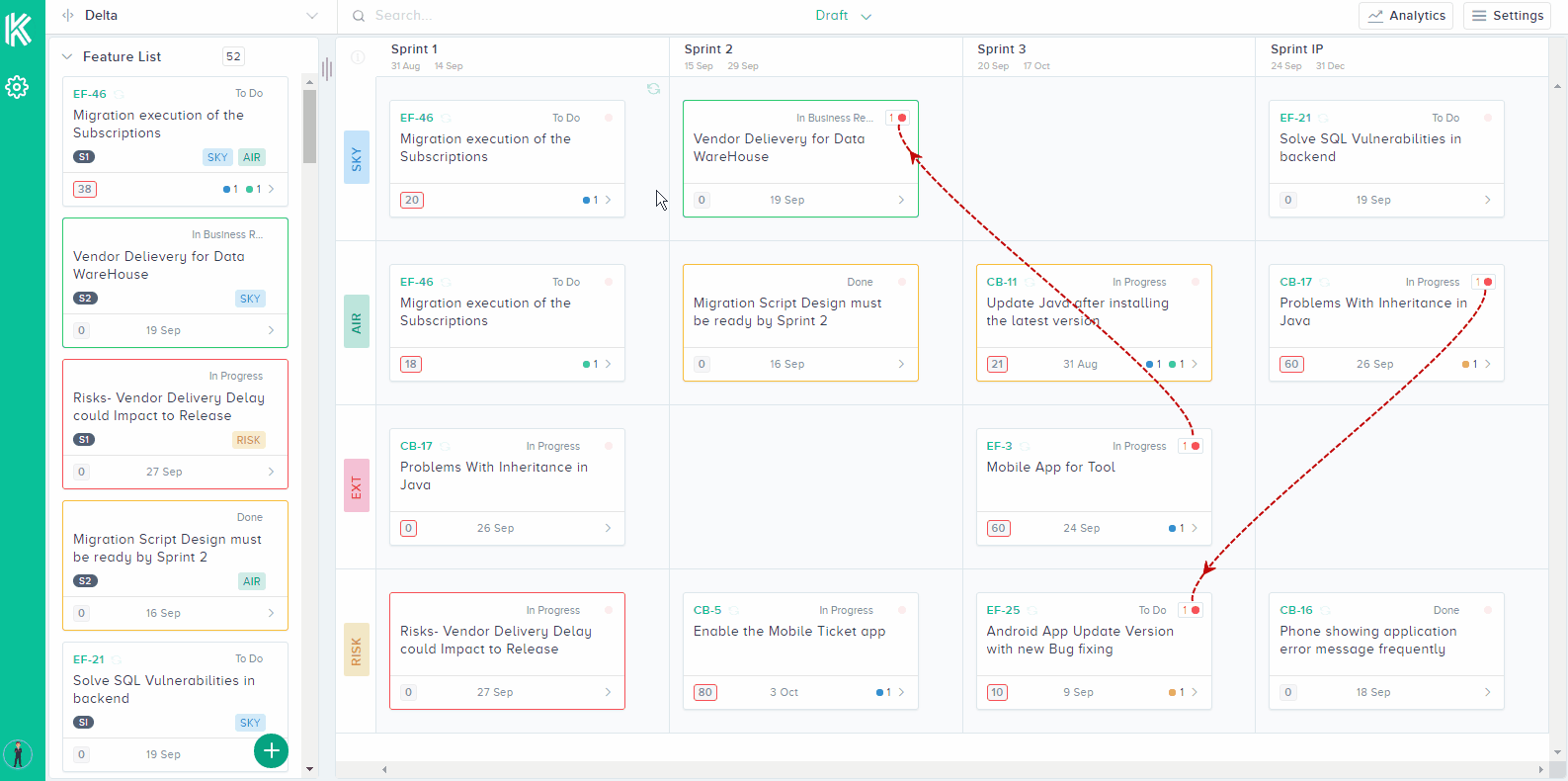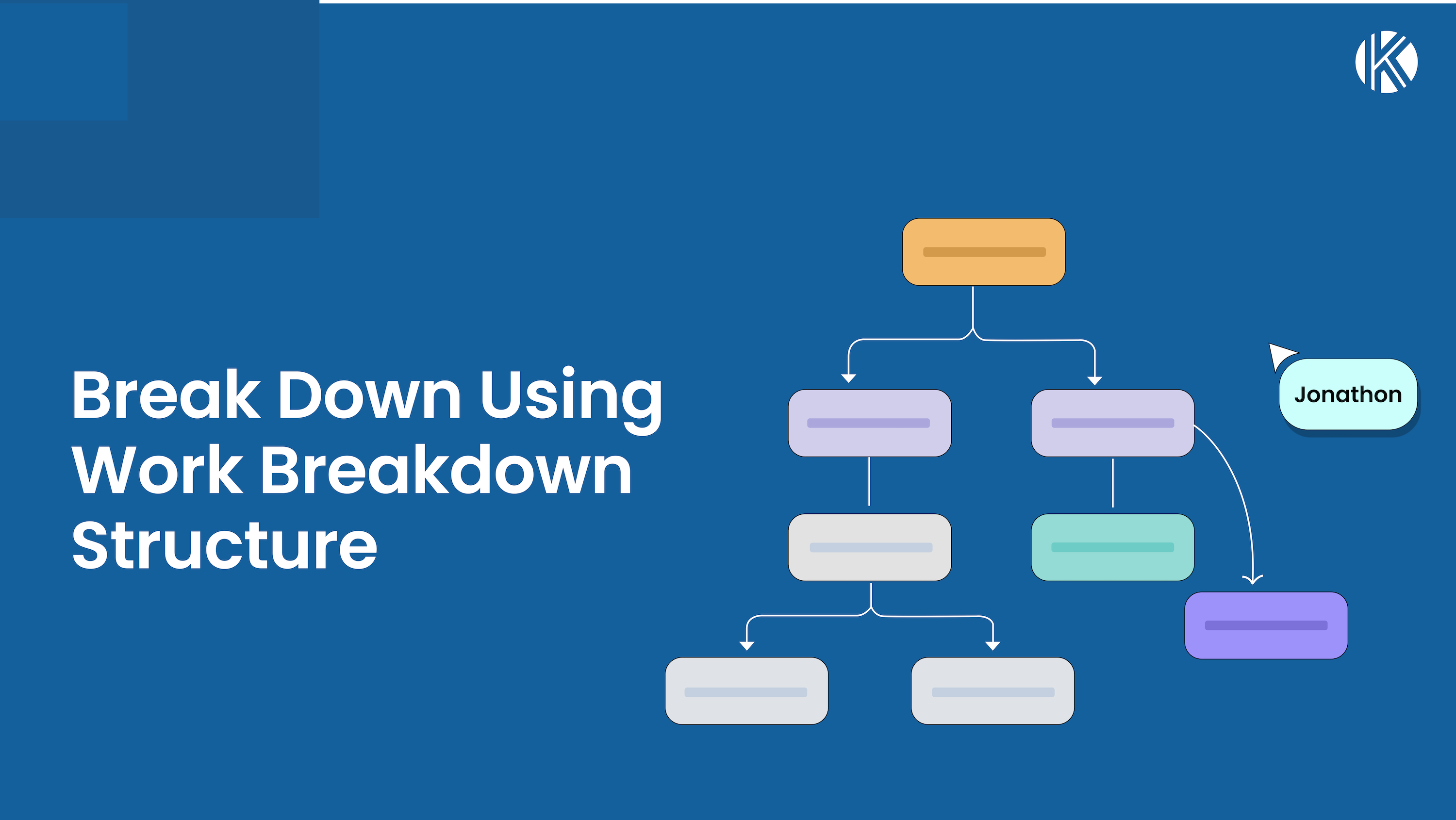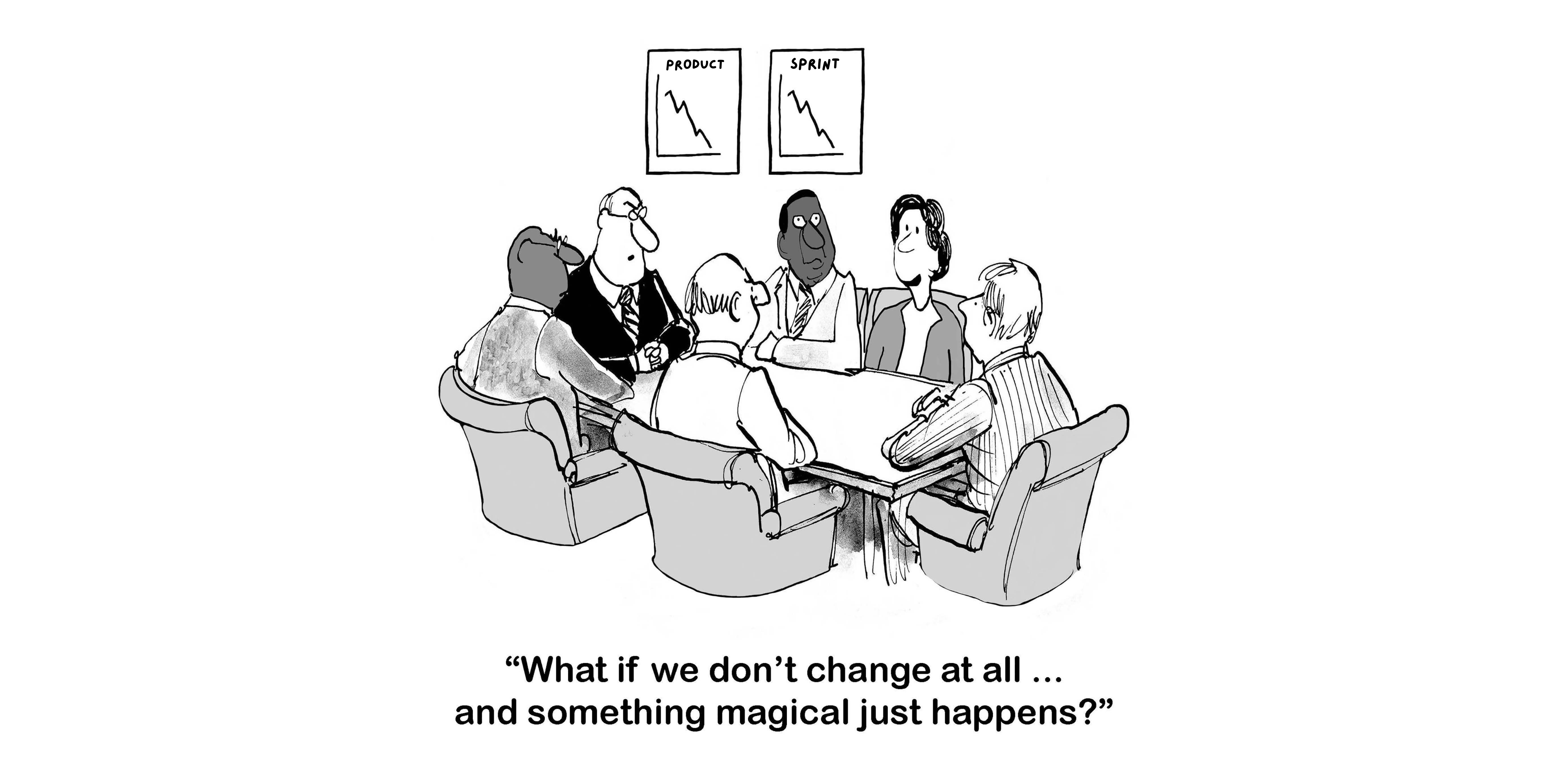“The Release Train Engineer (RTE) facilitates Agile Release Train processes and execution. The RTE escalates impediments, helps manage risk, helps ensure value delivery, and drives continuous improvement.”

The RTE acts as an ultimate Scrum Master (SM), thus will share many of the traits of a Scrum Master. Although, unlike the typical SM whose primary focus is on the team, the RTE will interact with various levels of the organization. Whilst being a servant leader for multiple teams during 8-12 week iterations (Program Increment P.I).
To be effective, the RTE must have developed a more refined and broader understanding of how Agile and SAFe deliver value to the organization. A great RTE not only understands the foundations of Agile and SAFe, but embraces an Agile mindset. It is in the state of being Agile that one exudes the confidence in knowing the value that Agility provides. A great RTE will be value-focused and guided by the Agile principles as outlined in SAFe.
The Project Manager role has also been adapted through the years as more companies are embracing Lean-Agile principles and practices. Understanding and getting your teams to be productive is prioritized as a paramount requisite for large enterprises. Therefore, strong communication is a must for connecting the various stakeholders, client, other project manager, project teams, management, and the entire organization.
The two roles have been defined as follows
- Meets regularly with Scrum masters of each team
- Mentor
- Monitor overall predictability
- Strong soft skills
- Creates honest and transparent environment
- Focus on Predictability
- Focus on Train Improvement
- Focus on Train efficiency
- Focus on Train needs
- Manage and optimise flow
- Facilitates PI Planning readiness
- Facilitates Pre and Post PI Planning
- Educates teams on PI Objectives
- Assists with tracking and executing features
- Helps manage risks and dependencies
- Organises periodic synchronisation meetings
- Coaches leaders
- Coaches Scrum masters
- Coaches teams
- Facilitates Inspect and Adapt
- Planning and Defining Scope
- Activity Planning and Sequencing
- Resource Planning
- Developing Schedules
- Time Estimating
- Cost Estimating
- Developing a Budget
- Documentation
- Creating Charts and Schedules
- Risk Analysis
- Managing Risks and Issues
- Monitoring and Reporting Progress
- Team Leadership
- Strategic Influencing
- Business Partnering
- Working with Vendors
- Scalability, Interoperability and Portability Analysis
- Controlling Quality
- Benefits Realisation
New age Project manages respect Agile principles
The hard fact is that with the exception of the SAFe ceremonies, the role of an RTE focuses primarily on soft skills. Whilst the outline given for Project Managers is more task focused. But in order to be a successful PM, you need many of the attributes assigned to that of the RTE as well as strong people skills. If there’s anything our experience of project management has taught us, it is that such skills are far harder to teach.
We have all worked with people that have great;
- Communication
- Adaptability
- Proactiveness
- Ability to step in to fill gaps
- Builds trust and allows teams space to flourish
- Have an “Agile Mindset”
- Great negotiator and facilitator
It is the individuals that possess these traits that should be encouraged to pursue the role of Release Train Engineers.
The two roles are united in their struggles in providing Predictability, managing dependencies, forecasting product delivery and striking the all important balance between directing Agile teams whilst also allowing, encouraging autonomy within the teams.
So the short Answer to the question
“Would Project Managers make good RTE’s” is…..….. well…..It depends. Just like not all good Scrum Masters would be suitable for the RTE role, the very same can be said for Project Managers. It is the rare personable abilities highlighted above that would determine whether the individual would be most suited.
About Kendis
Digital boards to manage dependencies, multiple teams and program increments for scaling agile initiatives.
Kendis works on top of JIRA and other agile tools, your teams can keep on working with their existing JIRA boards and program level and above is planned and managed at Kendis.
Try out 10 days free trial or book a demo with our product expert.










